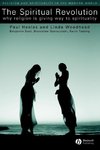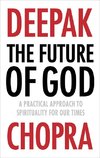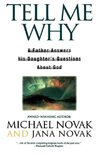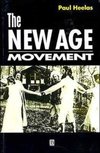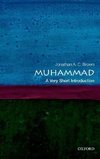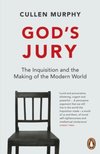
Philosophy of religion
Source: Wikipedia. Pages: 174. Chapters: Problem of evil, Free will, Afterlife, Theodicy, Faith and rationality, Revelation, Relationship between religion and science, Omnipotence paradox, Natural theology, Divinity, The Name of the Rose, Atheism, Thomism,... Viac o knihe
Produkt je dočasne nedostupný
33.26 €
bežná cena: 37.80 €
O knihe
Source: Wikipedia. Pages: 174. Chapters: Problem of evil, Free will, Afterlife, Theodicy, Faith and rationality, Revelation, Relationship between religion and science, Omnipotence paradox, Natural theology, Divinity, The Name of the Rose, Atheism, Thomism, Existence of God, Thomas Aquinas and the Sacraments, Euthyphro dilemma, Obscurantism, Essentially contested concept, Religious naturalism, Evolutionary argument against naturalism, Problem of Hell, Religious intellectualism in Iran, Eternal return, Triple deity, Infidel, Persian Letters, Index of philosophy of religion articles, Erwin Neutzsky-Wulff, William F. Vallicella, Alvin Plantinga's free will defense, Religion and happiness, Freud and religion, Bron Taylor, God of the gaps, Sum, Phenomenology of religion, Divine command theory, Homoousian, Gaunilo of Marmoutiers, Spiritual Naturalism, Kersey Graves, Dwight H. Terry Lectureship, Monistic idealism, The Varieties of Religious Experience, Problem of evil in Hinduism, Noetic theory, Philosophical theology, Possibilianism, Psychoanalysis and Religion, Double truth, De Natura Deorum, Infinite qualitative distinction, Noetic Advanced Studies Institute, Eliot Deutsch, Dysteleology, Kant's antinomies, Atheism Dispute, Homoiousian, Sacrifice of the intellect, Metanoetics, Theological veto, Evangelical Philosophical Society, Irenaean theodicy, Dipolar theism, Double-mindedness, Radical evil, Religious interpretation, Mystical realism, Anthropopath, Religious skepticism, Unknown Root, The British Society for the Philosophy of Religion, Credo ut intelligam, Extinctionism, Lectures on Philosophy of Religion. Excerpt: Connection Timeout The relationship between religion and science has been a focus of the demarcation problem. Somewhat related is the claim that statements about the world made by science and religion may rely on different methodologies. Religion, is often argued to rely on revelation and faith. The methods of science are elaborate and science does not depend on faith. Some scholars say the two are separate, as in John William Draper's conflict thesis and Stephen Jay Gould's non-overlapping magisteria, while others (Thomas Berry, Brian Swimme, Ken Wilber, et al.) propose an interconnection. The Pew Forum has published data on attitudes about religion and science. Medieval artistic illustration of the spherical Earth in a 13th century copy of L'Image du monde (ca. 1246).The kinds of interactions that might arise between science and religion have been classified using the following typology: Independence treating each as quite separate realms of enquiry. Dialogue suggesting that each field has things to say to each other about phenomena in which their interests overlap. Integration aiming to unify both fields into a single discourse. This typology is similar to ones found in Ian Barbour and John Haught. More typologies that categorize this relationship can be found among the works of other science and religion scholars such as Arthur Peacocke. A variety of historical, philosophical, and scientific arguments have been put forth in favor of the idea that science and religion are in conflict. Historical examples of religious individuals or institutions promoting claims that contradict both contemporary and modern scientific consensus include creationism (see level of support for evolution), the Roman Catholic Church's opposition to heliocentrism from 1616 to 1757 including the Galileo affair, and more recently, Pope Benedict XVI's 20...
- Vydavateľstvo: Chronicle Books
- Formát: Paperback
- Jazyk:
- ISBN: 9781156524930

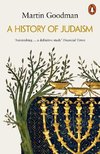
 Anglický jazyk
Anglický jazyk 